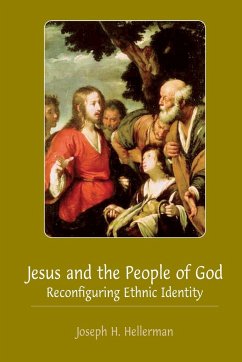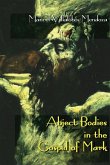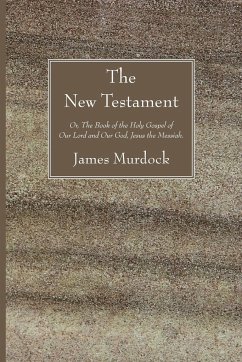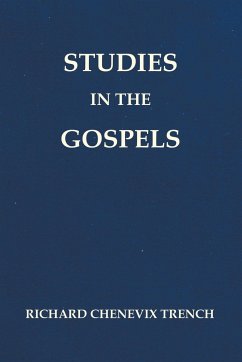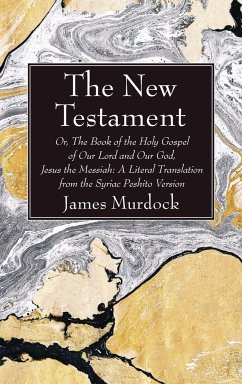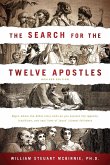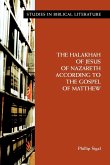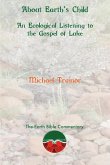How did the Jesus movement-a messianic sectarian version of Palestinian Judaism-transcend its Judaean origins and ultimately establish itself in the Roman East as the multi-ethnic socio-religious experiment we know as early Christianity? In this major work, Hellerman, drawing upon his background as a social historian, proposes that a clue to the success of the Christian movement lay in Jesus' own conception of the people of God, and in how he reconfigured its identity from that of ethnos to that of family. Pointing first to Jesus' critique of sabbath-keeping, the Jerusalem temple, and Jewish dietary laws-practices central to the preservation of Judaean social identity-he argues that Jesus' intention was to destabilize the idea of God's people as a localized ethnos. In its place he conceived the social identity of the people of God as a surrogate family or kinship group, a social entity based not on common ancestry but on a shared commitment to his kingdom programme. Jesus of Nazareth thus functioned as a kind of ethnic entrepreneur, breaking down the boundaries of ethnic Judaism and providing an ideological foundation and symbolic framework for the wider expansion of the Jesus movement.
Hinweis: Dieser Artikel kann nur an eine deutsche Lieferadresse ausgeliefert werden.
Hinweis: Dieser Artikel kann nur an eine deutsche Lieferadresse ausgeliefert werden.

